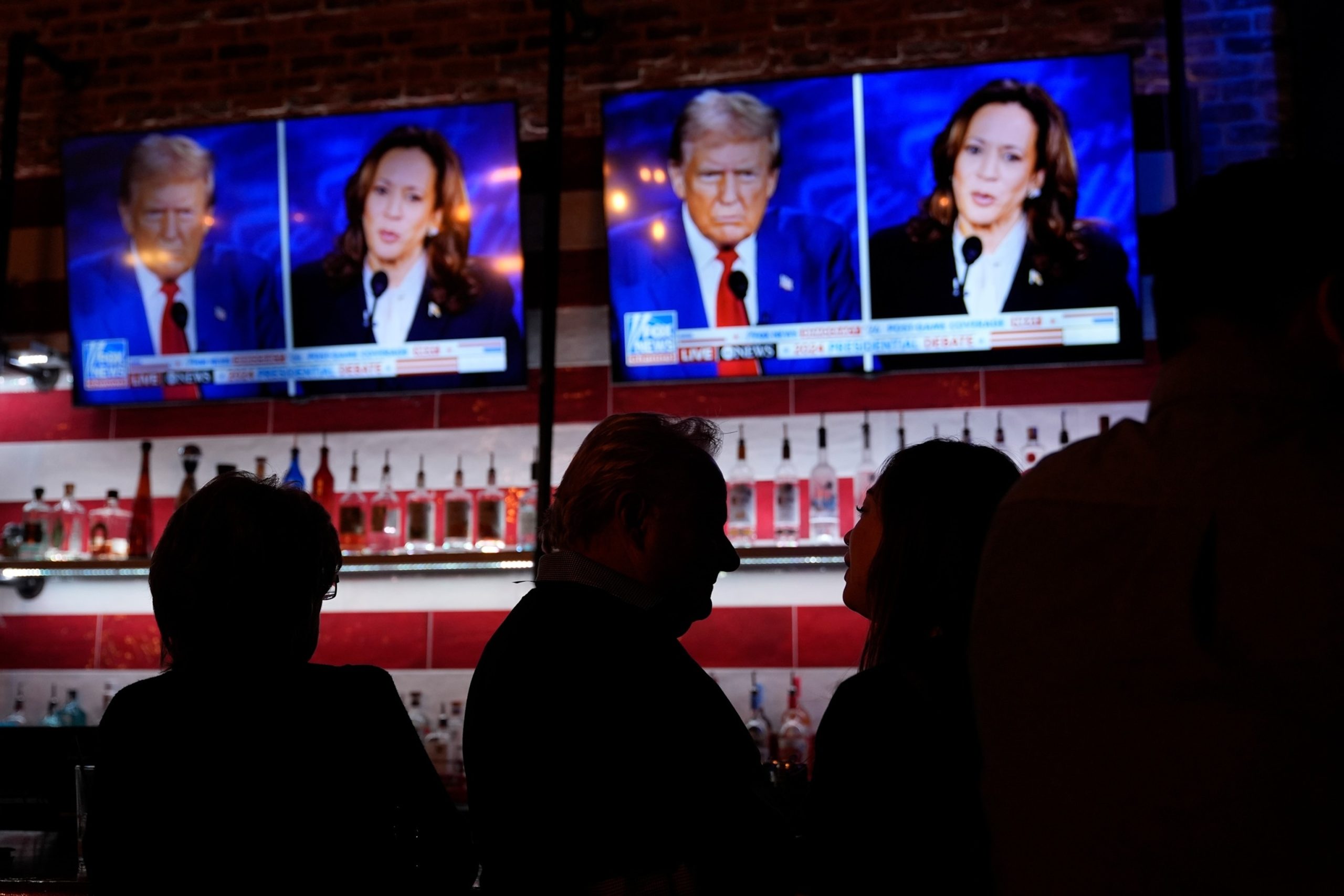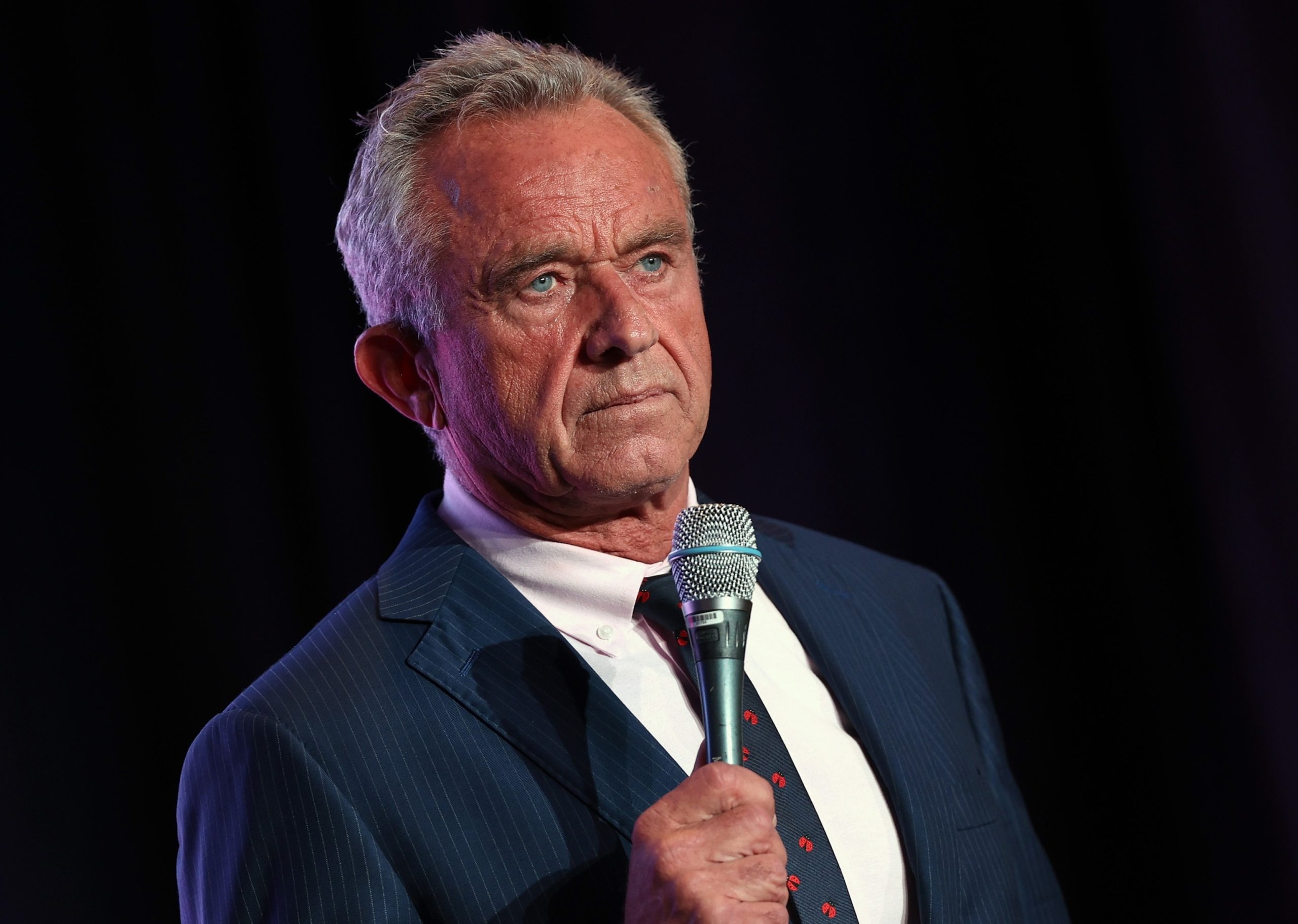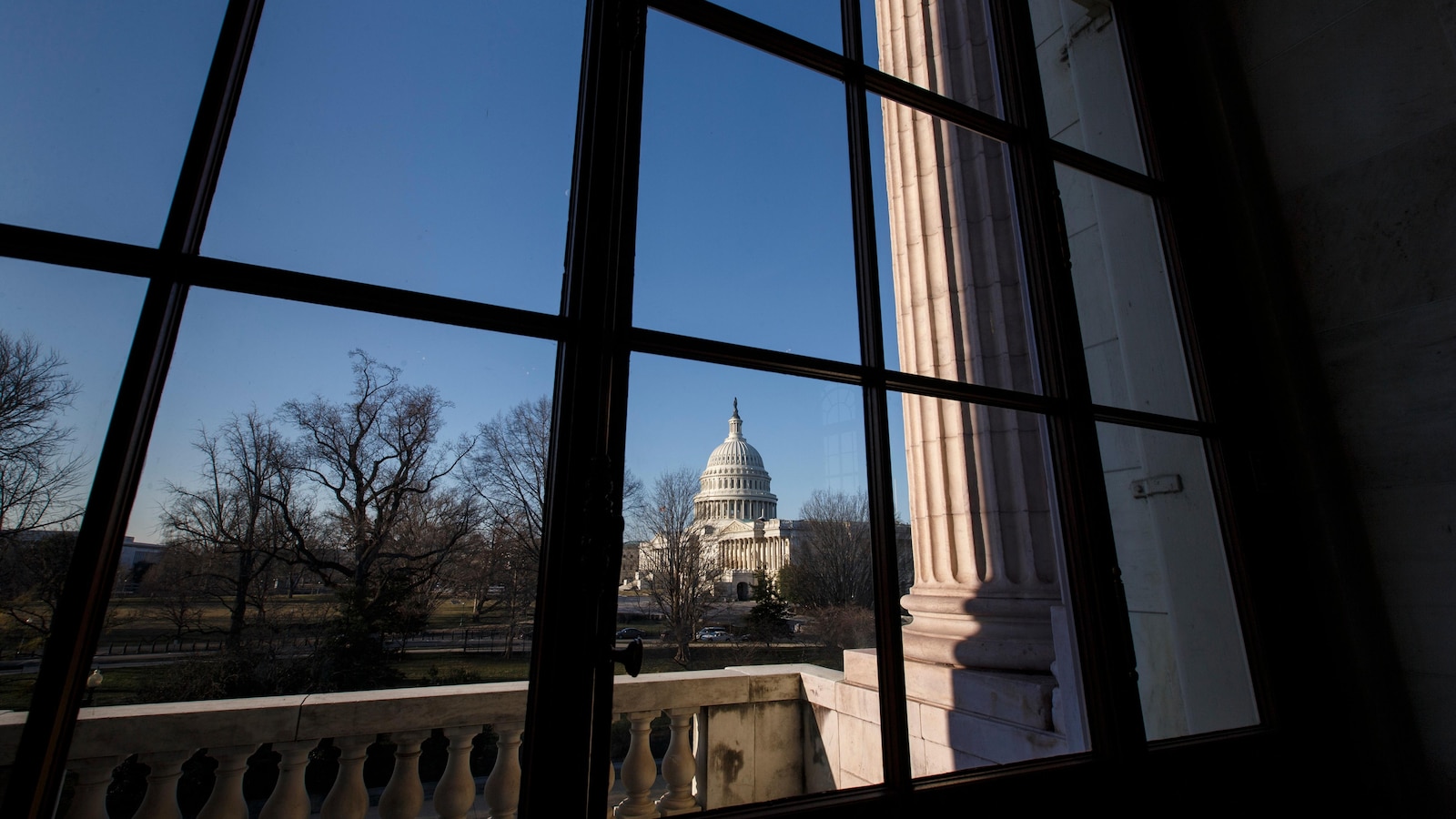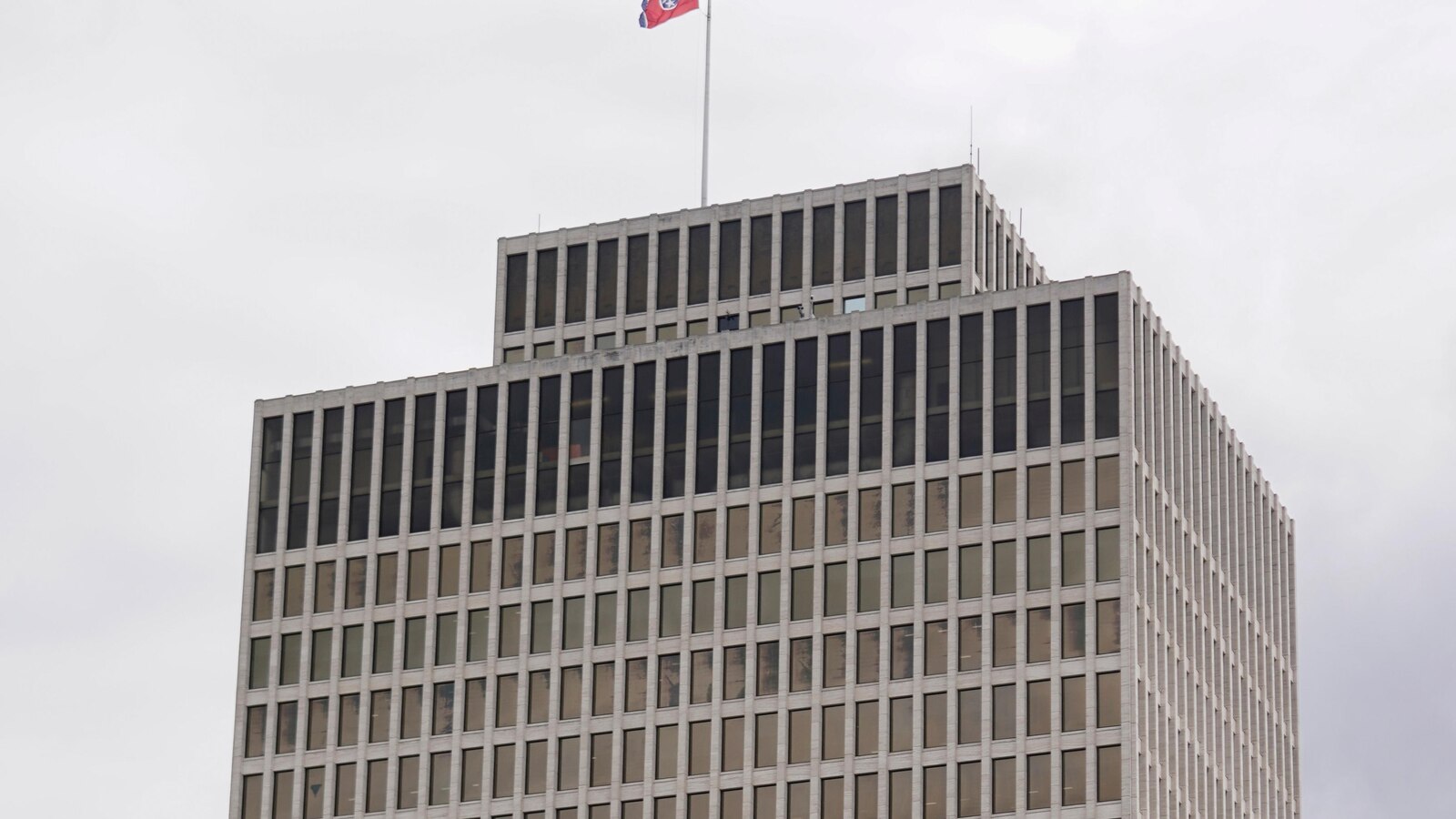Vice President Kamala Harris and former President Donald Trump met for the first time Tuesday in their first presidential debate of the 2024 election, hosted by ABC News.
The high-stakes, 90-minute debate was held at Philadelphia’s National Constitution Center, with Trump and Harris arguing their cases for the White House.
As the Democratic and Republican nominees debated the most pressing topics facing the nation, ABC News live fact-checked their statements on the economy for answers that were exaggerated, needed more context or were false.
HARRIS CLAIM: 16 Nobel laureates say Trump’s plan would increase inflation and land us in a recession
FACT-CHECK: Mostly true
Harris correctly describes what the Nobel laureates said about inflation during Trump’s presidency: “There is rightly a worry that Donald Trump will reignite this inflation.” But while the group describes Harris’ agenda as “vastly superior” to Trump’s, their letter doesn’t specifically predict a recession by the middle of 2025. Rather, the group wrote: “We believe that a second Trump term would have a negative impact on the U.S.’s economic standing in the world and a destabilizing effect on the U.S.’s domestic economy.”
The 16 economists are George Akerlof, Angus Deaton, Claudia Goldin, Oliver Hart, Eric S. Maskin, Daniel L. McFadden, Paul R. Milgrom, Roger B. Myerson, Edmund S. Phelps, Paul M. Romer, Alvin E. Roth, William F. Sharp, Robert J. Shiller, Christopher A. Sims, Joseph Stiglitz and Robert B. Wilson.
-PolitiFact’s Louis Jacobson
HARRIS CLAIM: Trump wants a “20% tax on everyday goods” that would cost families “about $4,000 more a year.”
FACT-CHECK: True, but needs context
Trump has proposed a universal “10-20%” tariff on all U.S. imports, from cars and electronics to wine, food products and many other goods. He has also proposed a 60% tariff on imports from China. Vice President Harris called the plan “Trump’s sales tax,” though the former president has not explicitly proposed such a tax. Independent economists, however, say the proposed import tariffs would unquestionably result in higher prices for American consumers across the board.
The precise financial impact on families is hard to predict and estimates vary widely — from additional annual costs per household of $1,700 to nearly $4,000, depending on the study. Trump has not called for any tax hikes for American families.
He has proposed exempting Social Security benefits and tips from taxation, as well as extending individual tax cuts enacted in 2017.
-ABC News’ Devin Dwyer
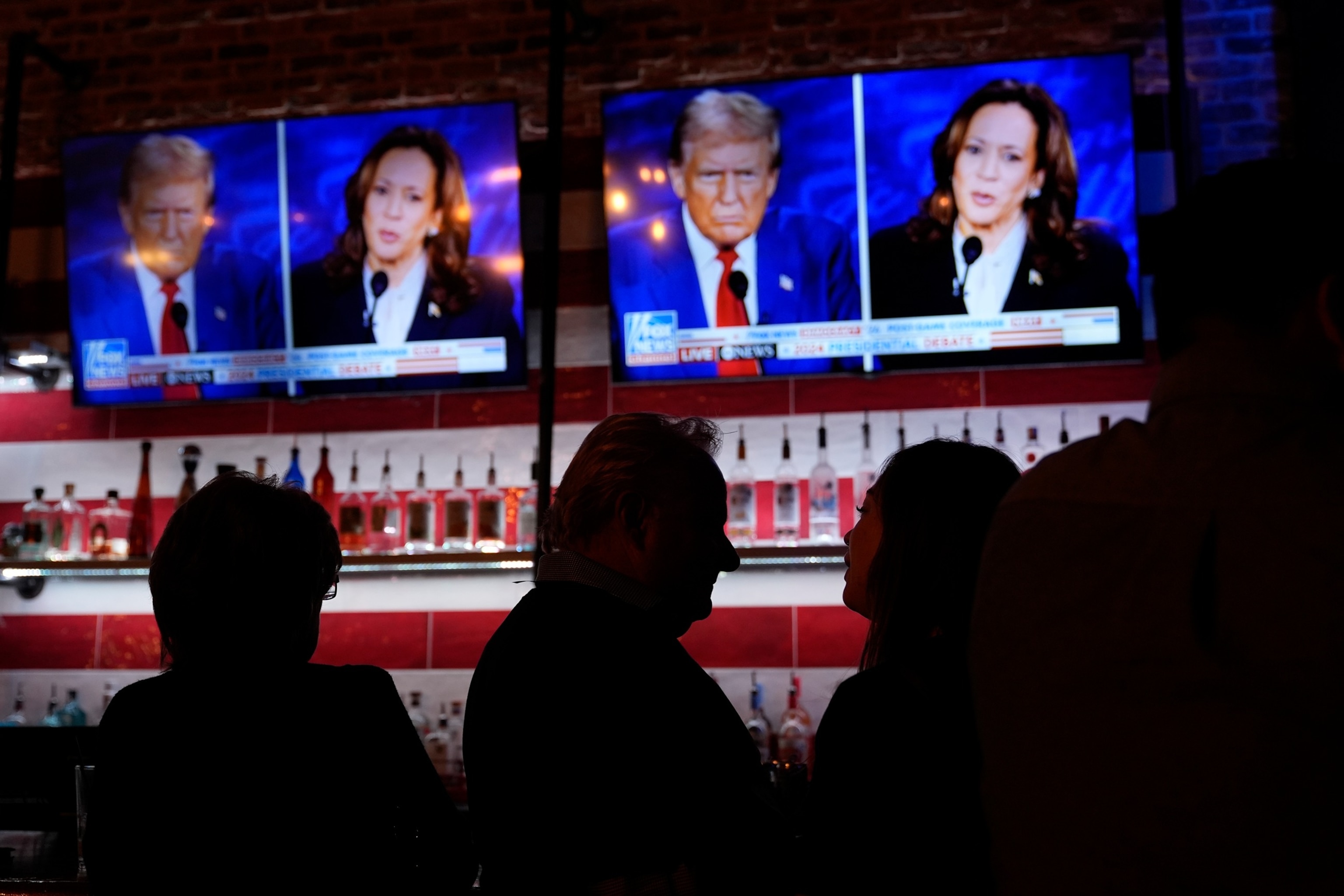
Viewers gather to watch a debate between Democratic presidential nominee Vice President Kamala Harris and Republican presidential nominee former President Donald Trump at the Angry Elephant Bar and Grill, Tuesday, Sept. 10, 2024, in San Antonio.
Eric Gay/AP
TRUMP CLAIM: Trump said, “We have inflation like very few people have ever seen before. Probably the worst in our nation’s history.”
FACT-CHECK: False, but it was very high
It’s true that early in Joe Biden’s presidency the annual inflation rate peaked at roughly 9% (June of 2022), but that’s not the highest it’s ever been. There are several examples of the inflation rate being much higher than 9% in the U.S, including in the immediate aftermath of World War II and during the oil embargo and shortages of the late ’70s and early 1980s, when the inflation rate peaked at 14.5%.
The inflation rate as of July 2024 is at 2.9% annual inflation, the lowest it has been in three years. It should also be noted that President Biden has falsely claimed that he inherited a high rate from his predecessor. In fact, inflation was at 1.4% when he took office.
*Data for this fact check was gathered from Federal Reserve Bank of St. Louis, or St. Louis Fed
HARRIS CLAIM: Harris said, “Trump left us the worst unemployment since the Great Depression.”
FACT-CHECK: Needs context
The unemployment rate peaked at 14.8% in April 2020 when Trump was in office – that was indeed the highest level since the Great Depression, according to the Bureau of Labor Statistics. But unemployment rapidly declined to 6.4% in January 2021 by the time Trump left office, as the economy started to rebalance. And that 6.4% unemployment rate is still better than the 10% peak during the Great Recession in October 2009.
If you eliminate pandemic statistics, the lowest unemployment rate under Trump was just slightly higher than the lowest point under Biden. Both were good: 3.5% under Trump and 3.4% under Biden at their lowest respectively, according to data provided by the Federal Reserve Bank of St. Louis and Bureau of Labor Statistics.
The recent debate between President Donald Trump and Democratic nominee Joe Biden’s running mate, Kamala Harris, was filled with economic claims and promises from both sides. As voters try to make sense of the competing narratives, it is important to analyze the economic claims made by the candidates to understand their potential impact on the country’s economy.
President Trump touted his administration’s pre-pandemic economic record, highlighting the low unemployment rate and strong stock market performance. He claimed that his policies, such as tax cuts and deregulation, had led to a booming economy before the COVID-19 pandemic hit. Trump promised to rebuild the economy and create millions of jobs if re-elected.
On the other hand, Senator Harris criticized Trump’s handling of the pandemic and its economic fallout. She argued that the administration’s response to the crisis had worsened the economic situation, leading to millions of job losses and small business closures. Harris promised to provide relief to struggling Americans through measures like a new stimulus package and increased support for small businesses.
It is important to critically analyze these economic claims and promises to understand their feasibility and potential impact on the economy. While Trump’s pre-pandemic economic record was indeed strong, it is important to note that the current economic situation is vastly different due to the pandemic. The recovery will depend on a variety of factors, including the effectiveness of government policies, consumer confidence, and global economic conditions.
Harris’s promises of providing relief to struggling Americans are commendable, but the feasibility of implementing these measures will depend on factors like congressional approval and budget constraints. It is also important to consider the long-term implications of these policies on the economy, such as their impact on inflation, debt levels, and economic growth.
As voters evaluate the economic claims made by Trump and Harris during the debate, it is crucial to look beyond the rhetoric and consider the broader economic context. Understanding the potential impact of these policies on the economy will be essential in making an informed decision in the upcoming election.
